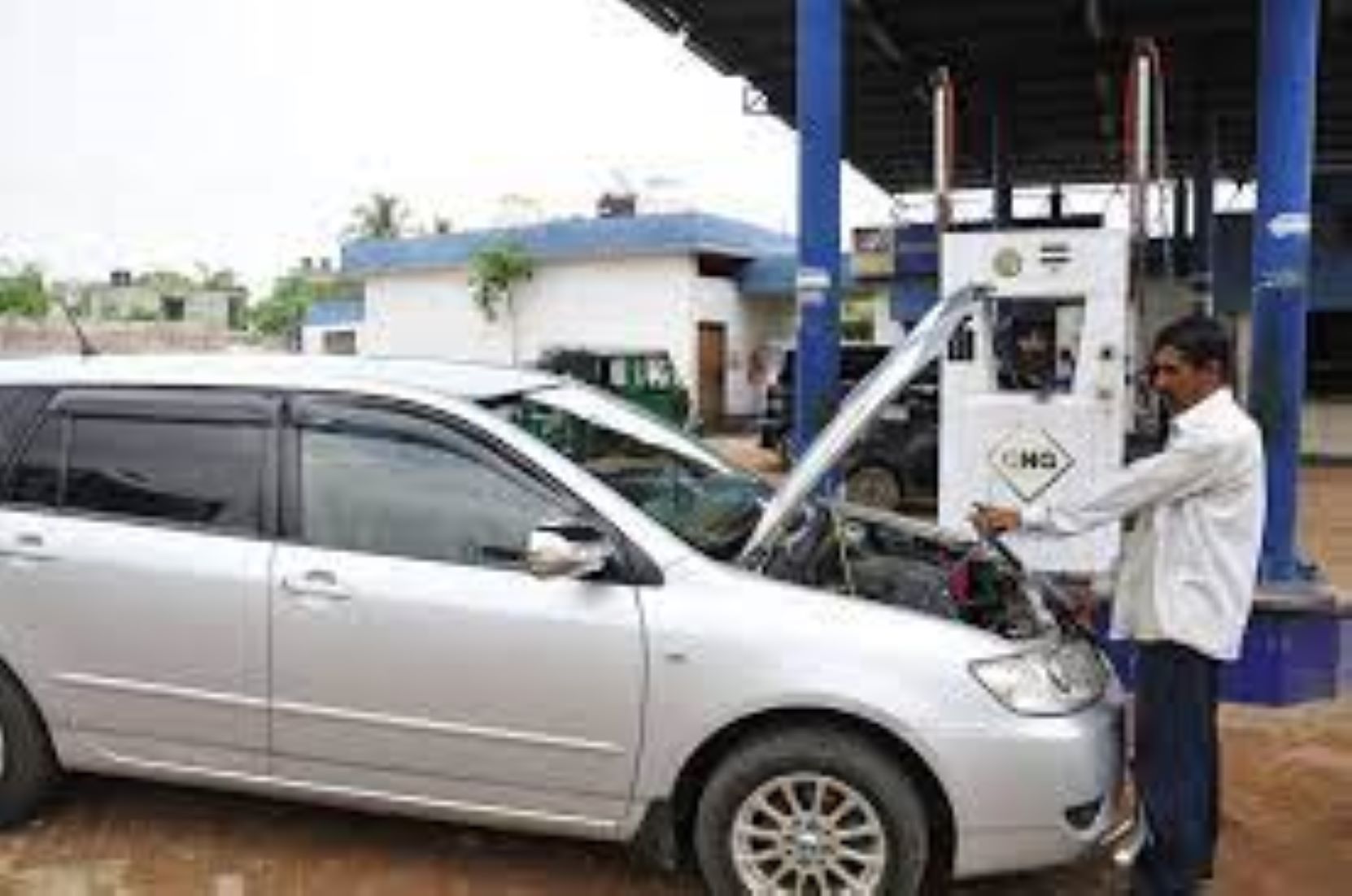DHAKA, Jul 30 (NNN-BSS) – The World Bank has approved 300 million U.S. dollars, to help Bangladesh improve the efficiency of gas distribution and end-use, through prepaid metering systems for residential and industrial consumers and reduce methane emissions along the natural gas value chain.
The Gas Sector Efficiency Improvement and Carbon Abatement Project, will address natural gas leakage and losses along the gas transmission and distribution network, reduce wastage in use by residential and industrial users, and strengthen network monitoring capabilities, said the Washington-based lender, in a statement received here Friday.
It will install more than 1.2 million prepaid gas meters in Dhaka and Rajshahi divisions.
Among these, 1.1 million prepaid meters will be deployed in Greater Dhaka, covering 54 percent of residential customers of Titas Gas Transmission and Distribution Company Limited, and 128,000 prepaid meters in the Rajshahi division, covering the entire residential customer base of Pashchimanchal Gas Company Limited (PGCL).
It will also pilot rolling out about 50 smart meters to larger industrial users, to demonstrate the viability of smart meters to better monitor and manage gas use in the industrial sector.
The project will install a Supervisory Control and Data Acquisition and Geographic Information System on the PGCL network, to improve gas flow monitoring and help reduce methane leaks. They will contribute to reducing greenhouse gas emissions with better monitoring of the gas network for identifying and repairing methane leaks.
“Improving energy efficiency will be important for Bangladesh to achieve its 2021 Nationally Determined Contributions (NDCs) commitment of reducing greenhouse gas emissions by 2030,” said Abdoulaye Seck, World Bank country director for Bangladesh and Bhutan.
“The project will help cut down natural gas wastage in households and industries, and reduce fugitive methane emissions in gas pipelines, which are often caused by leaks from gas production, processing, transmission, and distribution,” said the country director.– NNN-BSS






